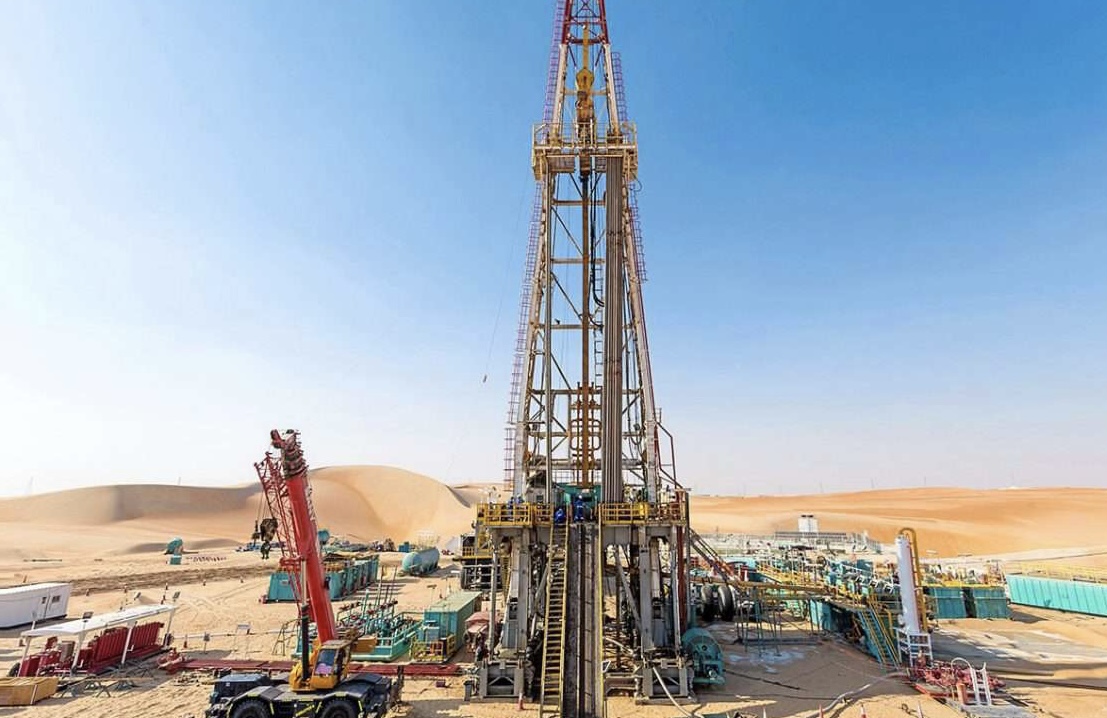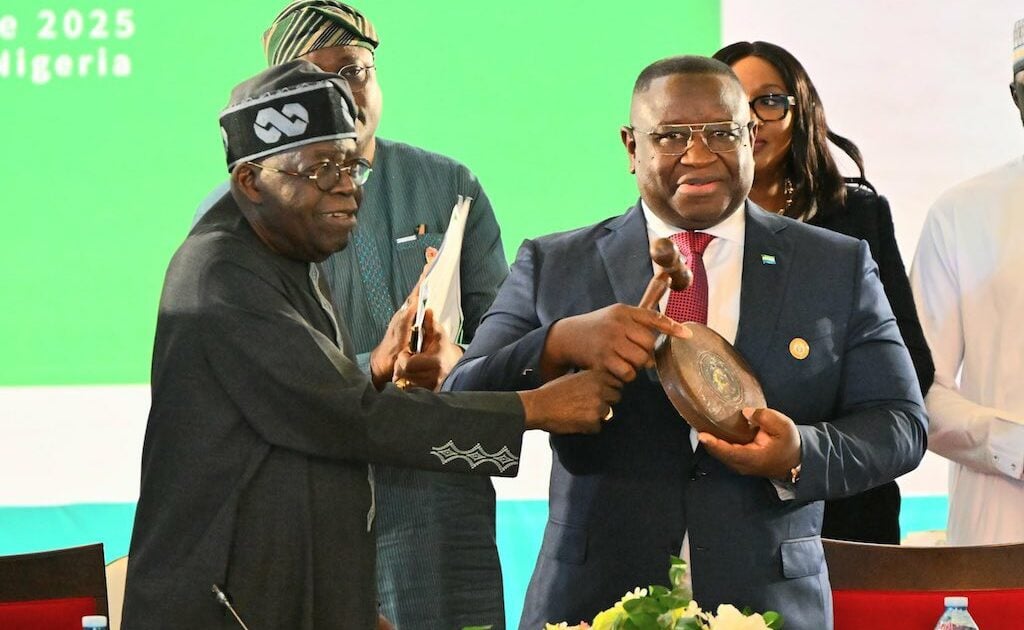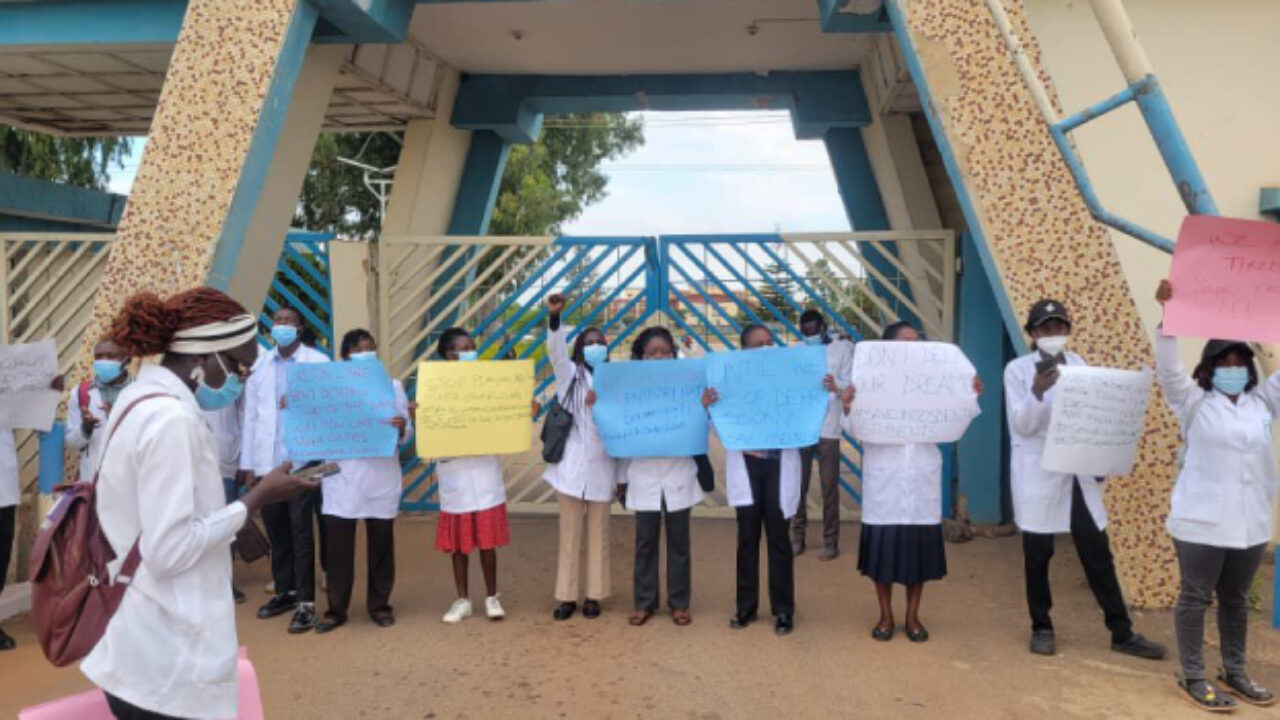The Libyan National Oil Corporation (NOC) has announced a major oil discovery in the Ghadames Basin, about 450 kilometers southwest of Tripoli. The find marks another milestone in Libya’s effort to expand oil and gas production and strengthen its energy sector.
According to the NOC, the new well, located south of the Western Mountain, is expected to produce about 4,675 barrels of crude oil per day and 2 million cubic feet of natural gas. The drilling operations, which began in late October, were supervised by the Arabian Gulf Oil Company, a subsidiary of the NOC.
The corporation confirmed that the well is the tenth in the area since exploration activities began in 1985. It aims to reach a total drilling depth of 11,700 feet as part of a wider strategy to boost national output. The project highlights Libya’s long-term plan to increase energy production and attract more investment into the oil sector.
Speaking on the discovery, Libya’s Minister of Oil and Gas, Khalifa Abdul Sadek, said the country plans to raise oil production to 1.6 million barrels per day by next year, up from the current 1.4 million barrels per day. He also revealed that Libya’s proven oil reserves stand at 48 billion barrels, with the oil sector contributing over 90 percent of government revenue.
Reports monitored by Mediaplusng.com indicate that the NOC continues to play a vital role in managing Libya’s oil wealth and ensuring a steady energy supply for both local and international markets. However, the country still faces challenges such as insecurity, political division, and disruptions caused by armed groups that control key oil facilities.
Since the fall of former leader Muammar Gaddafi in 2011, Libya has been divided between two rival administrations — the Government of National Unity led by Abdul Hamid Dbeibah in Tripoli, and the eastern-based government led by Osama Hammad, appointed by the House of Representatives. Despite these divisions, the NOC has remained one of the few institutions operating nationwide, symbolizing unity through its role in sustaining Libya’s economy.
As gathered by Mediaplusng.com, the latest discovery is expected to contribute significantly to Libya’s recovery efforts and energy development plan. Analysts say it could also help stabilize revenue generation and strengthen the country’s position as one of Africa’s leading oil producers.




